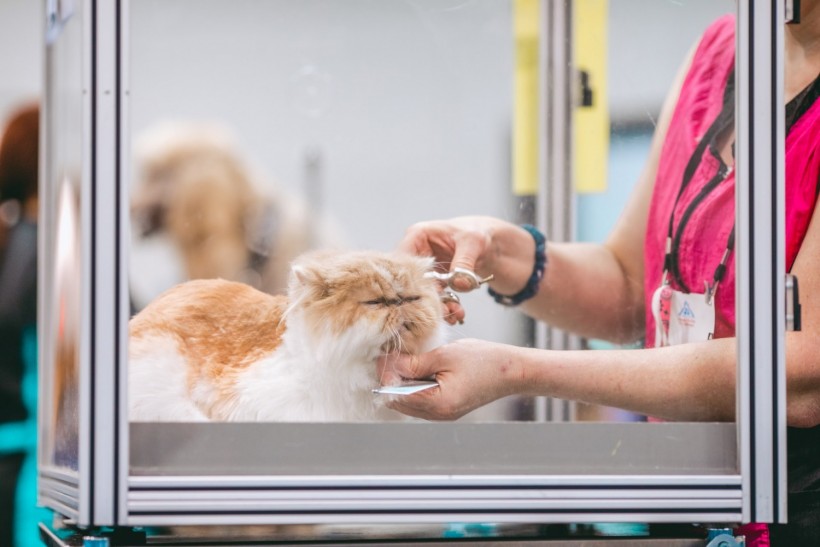When talking about getting a career in the medical field, many people opt for a nurse, doctor and even a surgeon. But humans aren't the only ones who may require medical attention. Animals need to be looked after as well. If you're an animal lover and have a knack for taking care of them, then becoming a veterinarian may be the perfect choice for you. Here's what you need to know about becoming a veterinarian.
Acquire the Appropriate Education
To become a vet, you must first complete four years of college, specifically, a BA in biological science. Most veterinarian schools require this before you're eligible to apply. But that's not all you need. Your primary courses should also consist of math, physics, animal behavior and chemistry. Keep in mind that this is all to ensure you're ready for the real challenge; veterinarian school. Upon graduating from college, you'll spend another four years in vet school training. It's not like becoming a doctor where you specialize in a certain field. You'll be learning how to care for all animals. Here are the courses you can expect to take in vet school:
-
Toxicology
-
Microbiology
-
Pathology
-
Biochemistry
-
Physiology
-
Pharmacology
-
Anatomy
-
Immunology
-
Surgical techniques
-
The types of animals and their species
-
The bodily functions of animals
With an education on this scale, you're probably aware the cost is going to be high. But it's not like you have to pay for it out of pocket. Instead, you can take out a student loan from a private lender to finance this level of education. Private lenders are ideal, especially when getting this level of education, because of their reduced interest rates.
Get First-Hand Experience
Learning is only half the fun as you continue your journey to becoming an esteemed vet. Perhaps the best way to get into the swing of things is to get some first-hand experience. There are various methods to accomplish this ranging from extracurriculars to becoming a temporary intern. You can even volunteer at a vet clinic to get a feel of what it's like. If you choose to volunteer, you'll be responsible for assisting the staff by doing rounds and helping them take care of the animals. You will be exposed to many of the most popular pets and get a well-rounded scope of experiences. Ask your local vet clinic if they're taking volunteers to help around.
Pass the NAVLE
The NAVLE is the abbreviation for North American Veterinary Licensing Examination. This is the most critical part when it comes to becoming a certified vet. It's a test that gauges whether or not you're ready to take that next step forward. The way this test is graded is through a scale of 200 to 800. You must earn a score of at least 425 to pass this exam and earn your license.
Keep Training
Just because you've become a vet doesn't mean you should skip out on extra training. Even vets who've been at it for your years still push themselves further to take better care of animals. Anything you feel needs work or there's something new you want to learn, put in the time to do it.
© 2024 NatureWorldNews.com All rights reserved. Do not reproduce without permission.
* This is a contributed article and this content does not necessarily represent the views of natureworldnews.com






